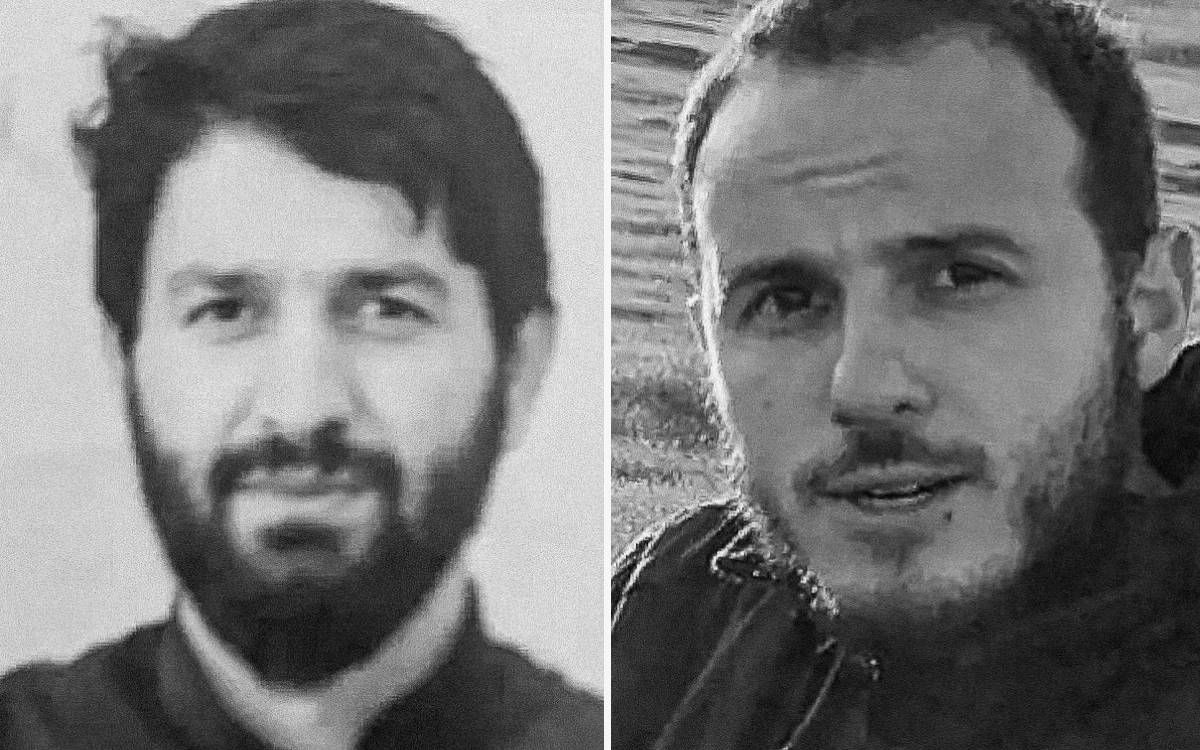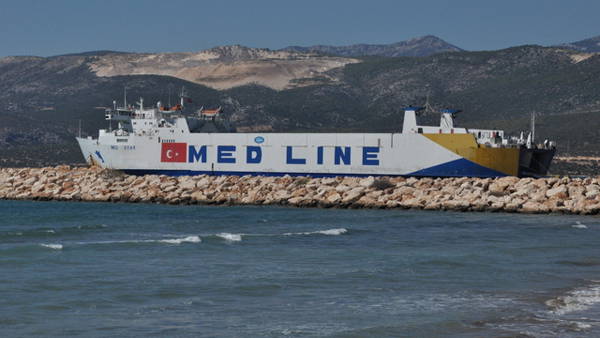According to Hamas' statement and the news from the Lebanese state news agency, Israeli UAVs targeted a vehicle in the southern Lebanese city of Tyre, killing Halil Hamid Harazi, a commander of Hamas' armed wing, the Izzeddin al-Qassam Brigades, and two others.
As per information from Middle East Eye (MEE), family members and sources have confirmed that the other two individuals killed were Turkish citizens named Bilal Seyfullah Öztürk and Yakub Erdal.
MEE reported that "two influential sources from Turkey's Salafi circles" confirmed that both individuals had connections to the community.
According to MEE, Bilal Öztürk's brother informed them that his brother traveled from İstanbul to Lebanon on Saturday and reached the Lebanon-Israel border on Sunday.
Bilal Öztürk's brother told MEE that he reported his brother's death to the al-Qassam Brigades' family and mentioned that everyone in the vehicle hit three times by Israel had died.
According to the information provided by his brother, Öztürk will be buried "near the place where he lost his life" according to the family's customs.
Local informant
According to MEE, "Lebanese sources stated that the Israeli UAV attack was carried out through a local informant working for Israel. The sources noted that the person who provided the coordinates of the vehicle to the Israelis was apprehended by the al-Qassam Brigades."
Anadolu Agency had previously announced only the death of a Turkish citizen with dual citizenship after October 7, without disclosing the name. Bilal Seyfullah Öztürk and Yakub Erdal, killed on Tuesday, became the first citizens of the Republic of Turkey to lose their lives in the region directly targeted by the Israeli Army in connection with the latest conflict.
Revolutionaries killed in 1970's & 80's in Palestine
The political struggles in Turkey and the Palestine struggle has historical ties influenced by both regional and global contexts, long predating the recent conflicts. In the late 1960s and 1970s, revolutionaries in Turkey began traveling to Palestine for military and political training, driven by both solidarity and revolutionary purposes. These individuals found themselves targeted by Israeli attacks while receiving training in camps associated with the Popular Front for the Liberation of Palestine and the Democratic Front for the Liberation of Palestine, in the areas where the Palestinian Resistance was active.
On February 21, 1973, during an Israeli commando raid on the Nahr el-Bared Palestinian camp in the city of Tripoli, Lebanon, Bora Gözen, Ali Kiraz, Cafer Topçu, Kerim Öztürk, Ahmet Özdemir, Yücel Özbek, Gürol İlban, and Şükrü Öktü were killed. Faik Bulut, on the other hand, was captured alive and remained imprisoned in Israeli jails for 7.5 years.
During the Israeli occupation of Beirut in 1982, led by Ariel Sharon, the Beaufort Castle, known locally as Şefik Arnun Castle, situated less than five kilometers from the Israeli border and originally a fortress from the Crusades era, was transformed into a Palestinian camp. Kurdish revolutionaries based at Beaufort Castle retreated towards the coastal city of Sidon amid a day-long heavy bombardment and an attack by commandos from Israel's Golani Brigade. They suffered losses in intense conflicts around Beaufort Castle, with ten casualties, while 15 individuals were captured by the Israeli army and imprisoned in the Israeli detention camp, Ensar, built on occupied Lebanese territory.
Kemal Ergin, a comrade of Nejdet Adalı, the first to be executed in the 1980 military coup, escaped from Ankara Central Closed Prison and joined the struggle within the ranks of the Palestine Liberation Organization in Beirut in 1981. He drowned in the sea in the city of Tyre, Lebanon. His comrades laid him to rest in the Palestinian Martyrs Cemetery in Beirut.
In addition to those mentioned, Adil Okay's 2010 compilation identified other Turkish, Kurdish, and Arab revolutionaries who sacrificed their lives for the Palestinian cause, along with their death dates: Hüseyin Gökdemir (1981), Mustafa Keskin (1982), Ahmet Çolak (1982), İmam Ateş (1982), Mustafa Çetiner (1982), Süleyman Tuğcu (1982), Kemal Çelik (1982), İsmet Özkan (1982), A. Kadir Çubukçu (1982), Mehmet Atmaca (1982), Veli Çakmak (1982), Abdullah Kumral (1982), Semih Özbay (1982), Süleyman Kılıç (1983), Hanna Maptunoğlu (1984), Vedat Erdal (1984), Selahattin Kaya (1984), Kuvvettin Külekçi (1984), Cevat Saim Çelen (1986), Ali Saban (1987), Cevdet Kılıç (1994).
(AEK/PE)






